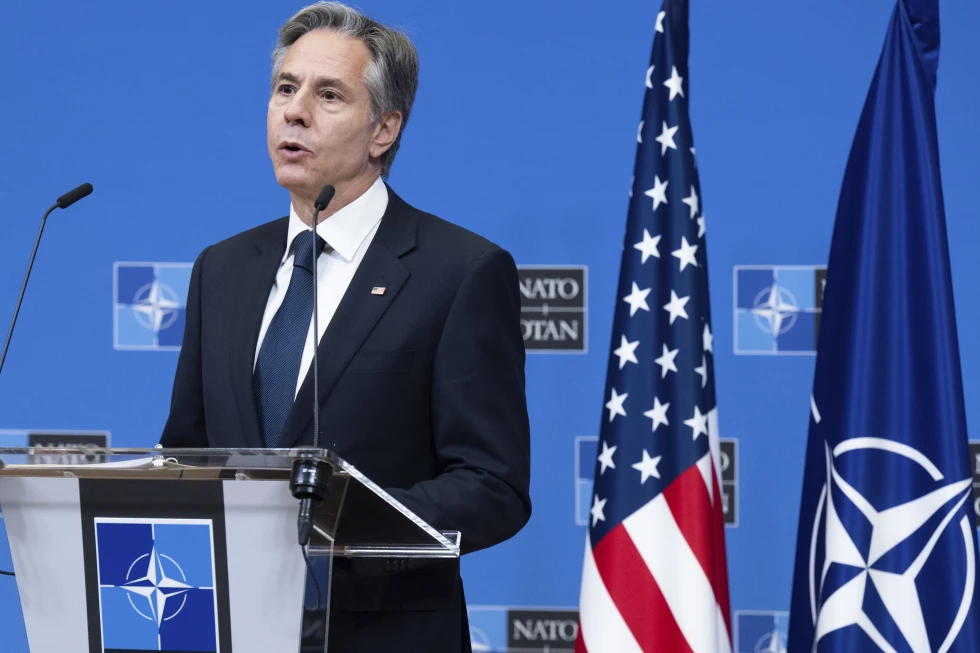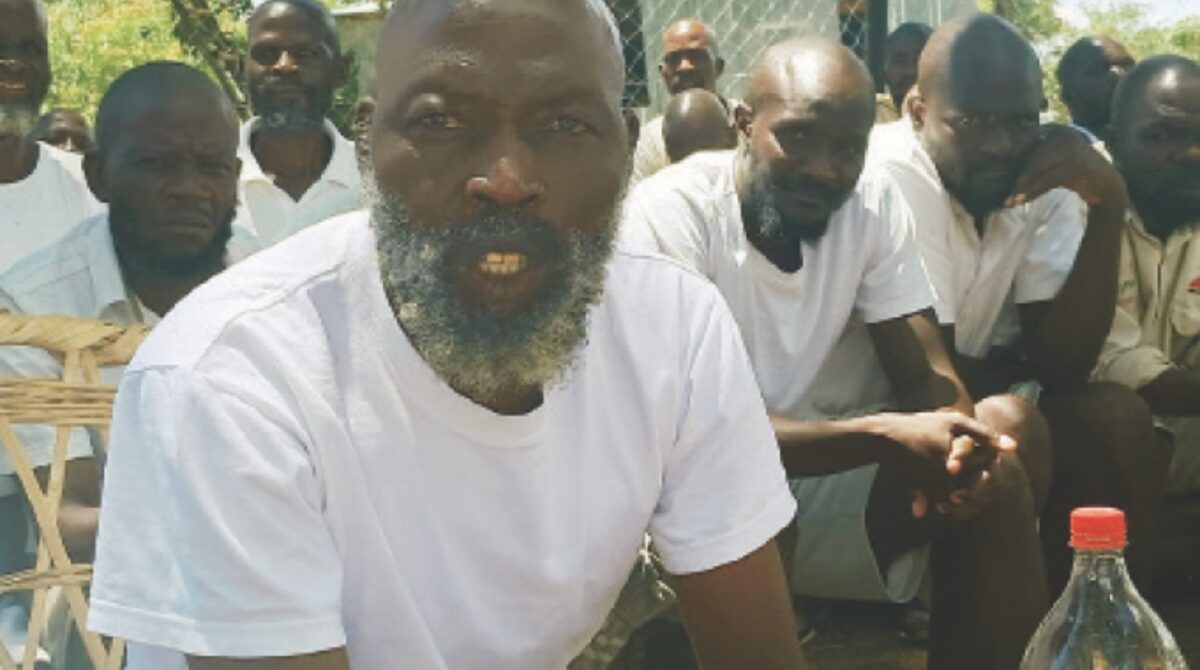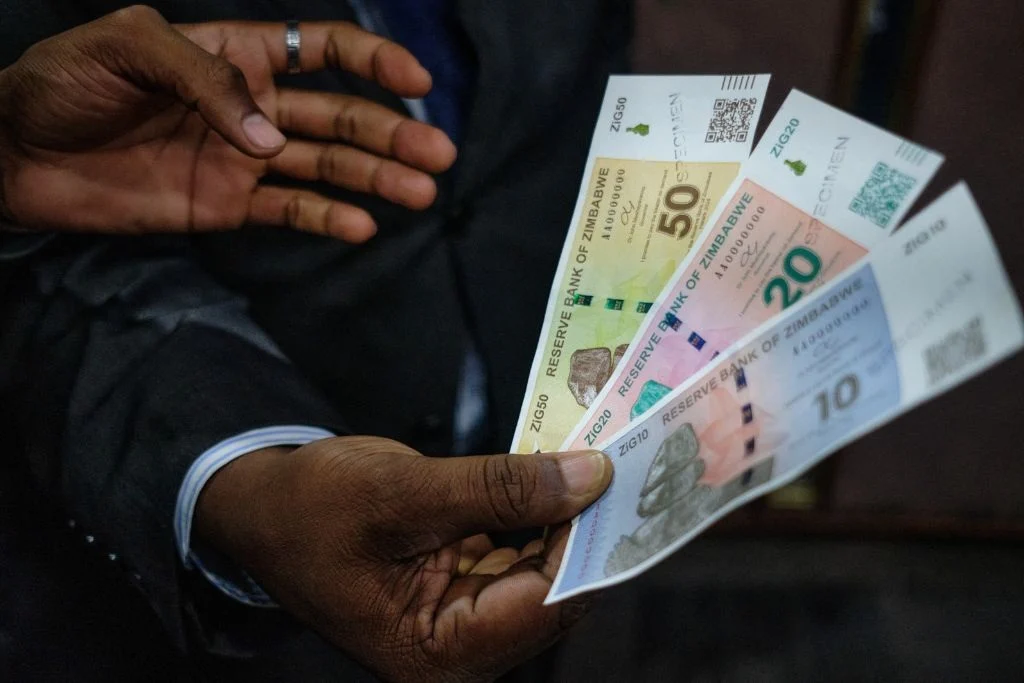HARARE – Zimbabweans believed to be responsible for or complicit in undermining democracy will de refused visas to travel to the United States under new restrictions announced by the State Department on Monday.
These include people involved in manipulating the electoral processes, restricting the operations of NGOs, human rights abuses and corruption. Their families will also be denied US visas, secretary of state Antony Blinken announced.
President Emmerson Mnangagwa won a second term in a disputed vote in August, which the opposition described as a “gigantic fraud” amid criticism from election observers who say the election failed to meet regional and international standards.
“Anyone who undermines the democratic process in Zimbabwe – including in the lead-up to, during, and following Zimbabwe’s August 2023 elections – may be found ineligible for U.S. visas under this policy,” Blinken said.
“Such acts may include manipulating or rigging the electoral process; disenfranchising voters or preventing individuals from exercising their right to vote; excluding members of the political opposition from electoral processes; restricting the ability of civil society organisations (CSOs) to operate and engage in democratic, governance, or human rights related activities; or intimidation of voters, election observers, or CSOs through threats or acts of physical violence.
“They may also include engaging in corrupt acts, including bribery, that undermine the electoral process; interfering with the independent operation of the judiciary during its adjudication of electoral cases; or abusing or violating human rights in Zimbabwe. Family members of such persons may also be subject to these restrictions.
“The visa restriction policy will apply to specific individuals involved in these acts, and is not directed at the Zimbabwean people. The United States supports Zimbabweans’ aspirations to have free and fair elections that reflect the will of the people and strengthen democracy, the rule of law, and the protection of human rights.”















